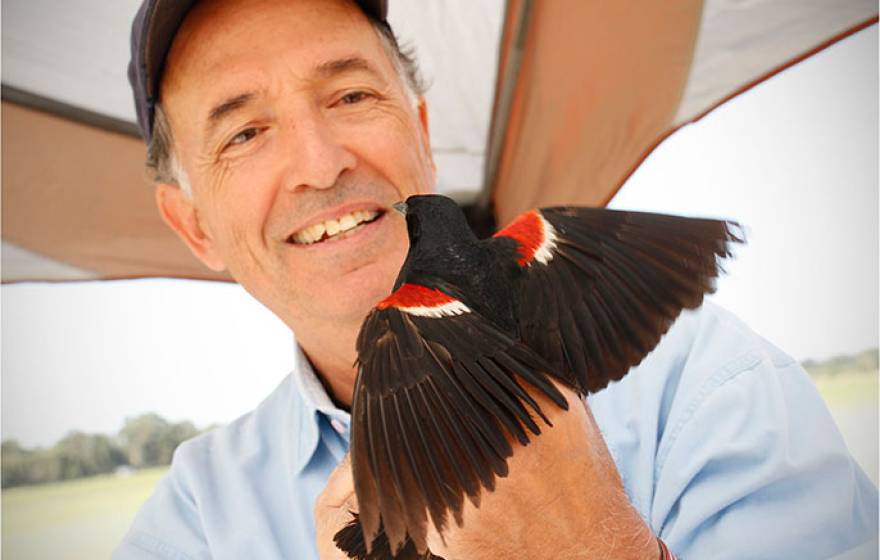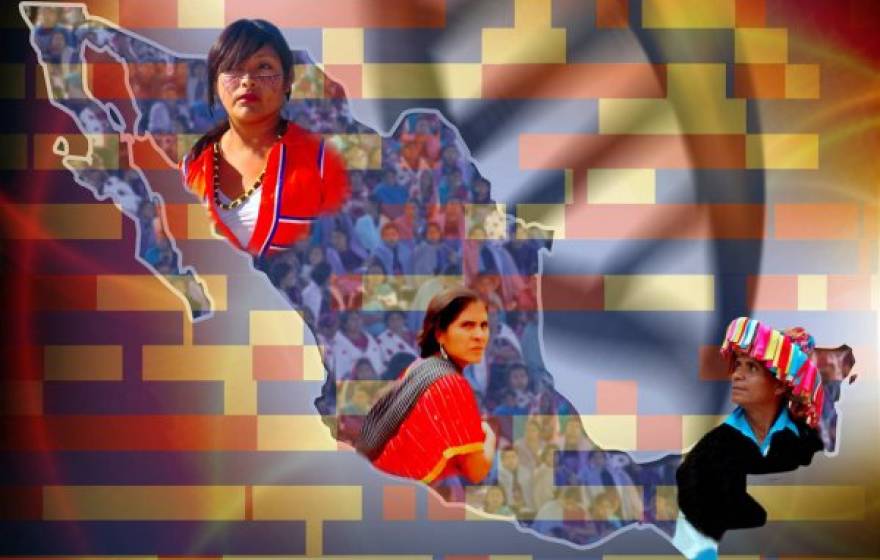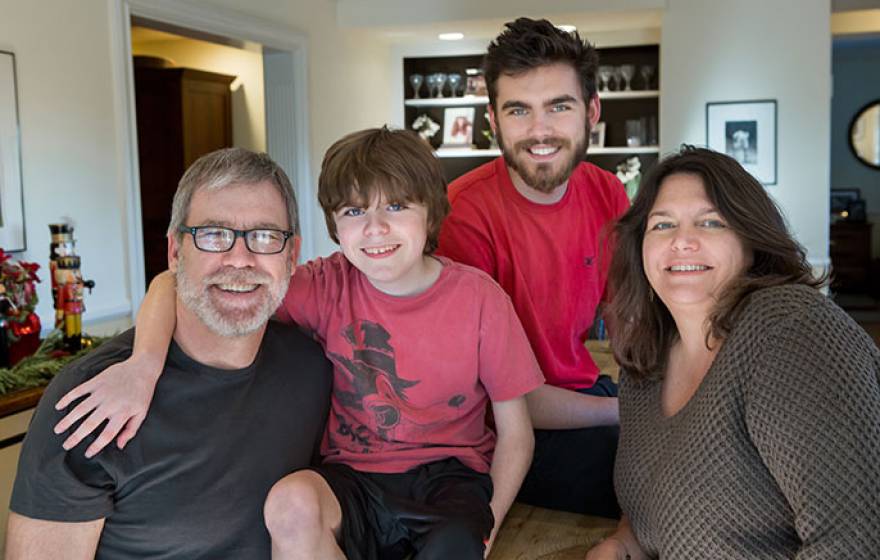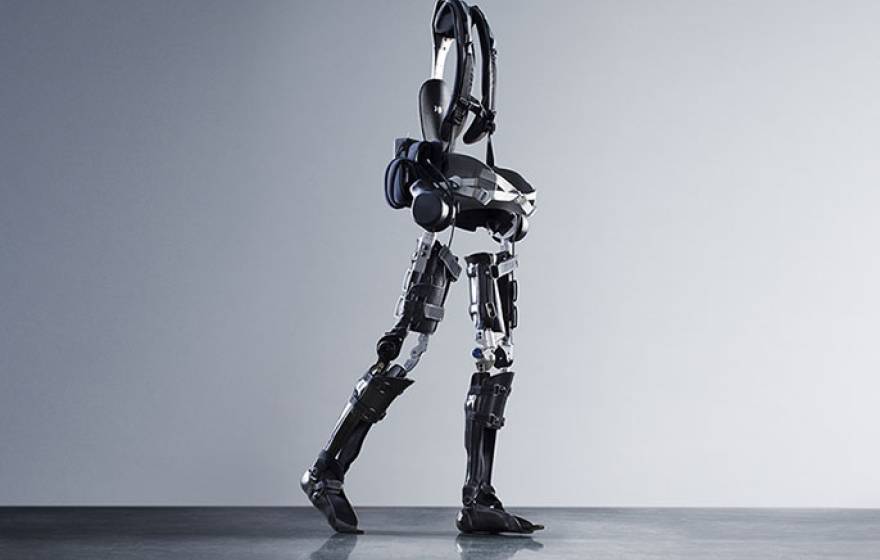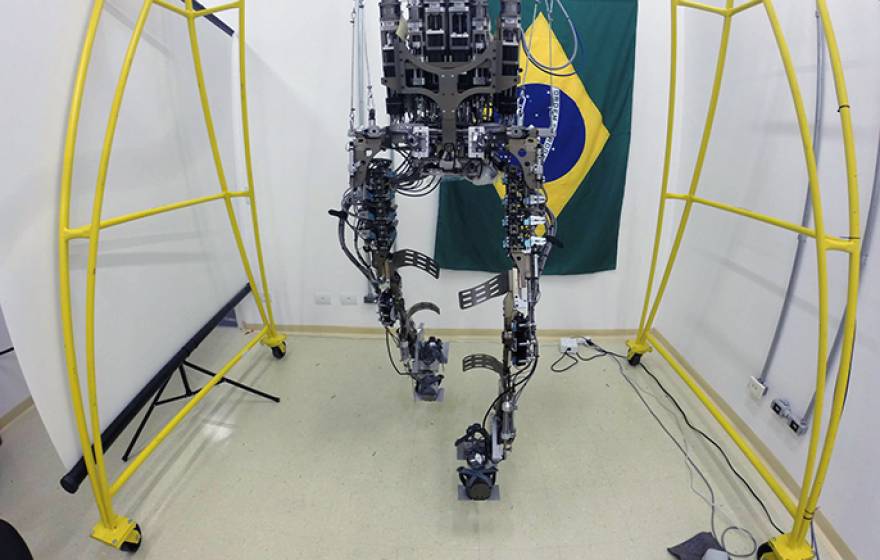UC Riverside |
UC Riverside to lead New Energy Frontier Research Center project
Multi-university team to receive $12 million from the Department of Energy to pursue fundamental advances in energy production, storage and use.
UC Davis |
‘California’s blackbird’ in sharp decline
Once numbering in the millions, survey finds that population of songbirds is down to 145,000, a drop of 64 percent since 2008.
UC San Diego |
Survey finds e-cigarette online market on fire
Researchers find that there are 466 brands online and 10 new brands introduced every month, making regulating the market increasingly complex.
UC Berkeley |
Algorithm helps explain sex in evolution
Computer theorists describe strategy used by genes during sexual recombination.
UC San Francisco |
Mexican genetics study reveals huge variation in ancestry
UC San Francisco-Stanford team uncovers basis for health differences among Latinos in Mexico.
UCLA |
Researchers combat lethal disease to save son and thousands like him
Their efforts have rallied others to the cause of defeating Duchenne muscular dystrophy.
UC Berkeley |
TV sports can cut crime, law students’ research shows
Researchers connect televised games to notable drops in crime levels.
UC Newsroom |
World Cup may score points for exoskeleton development
Berkeley professor hopes the world’s most-watched sports event will shine a spotlight on technology that will benefit millions of paraplegics.
UC Davis |
Engineers take part in 'WalkAgain' at World Cup
A paraplegic with the help of robotic exoskeleton will kick a ball during the opening ceremony of soccer tournament.
UC Riverside |
Cleaning the air with roof tiles
Students develop coating that removes up to 97 percent of smog-causing nitrogen oxides.
UC Santa Cruz and Queen Mary University |
Astronomers detect two planets orbiting nearby ancient star
An international team of scientists has reported two planets orbiting a nearby and very old star known as Kapteyn's star.
California Magazine |
Aliens are almost surely out there
Berkeley's SETI says we're not alone. But can we find the money to find them?
